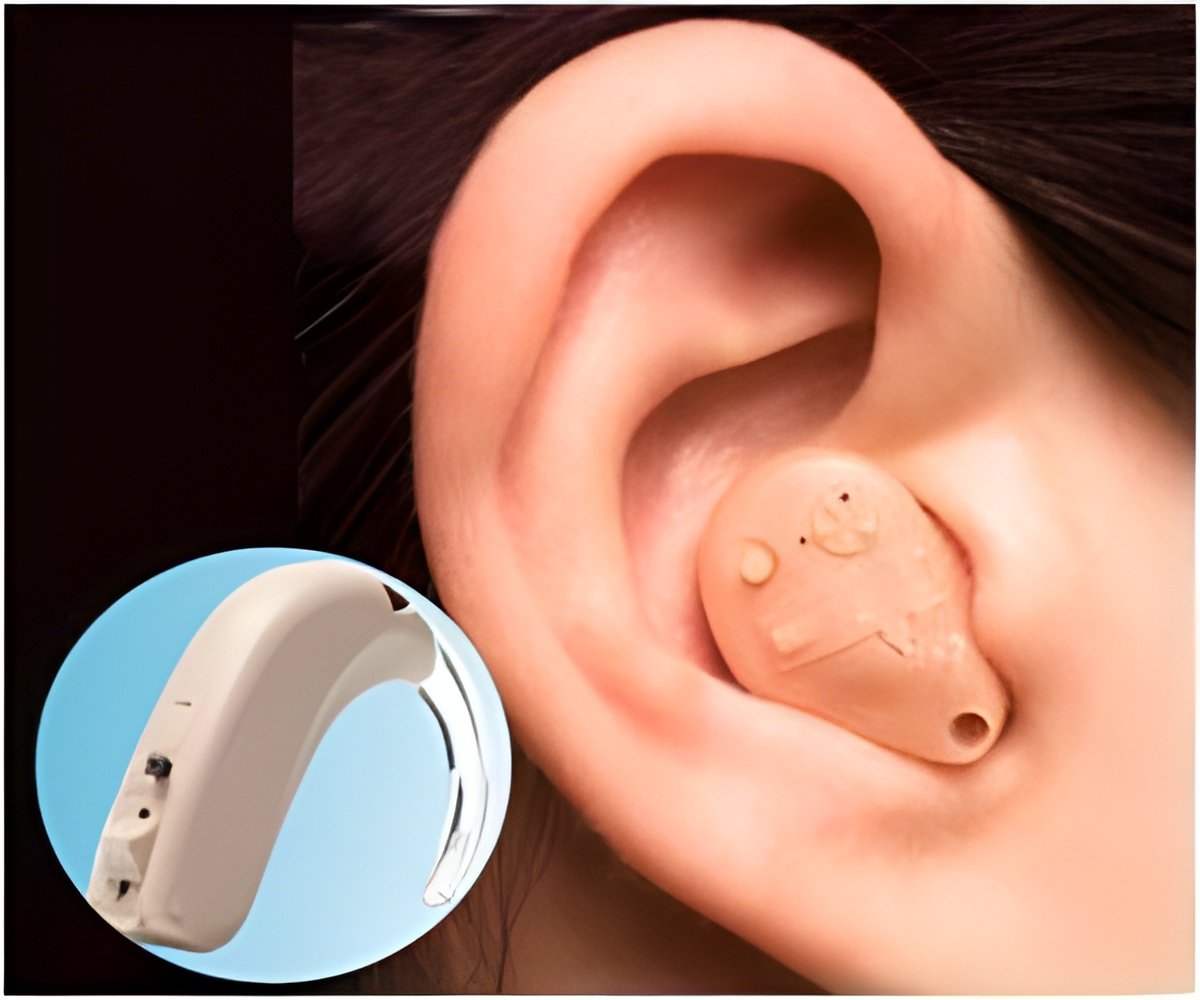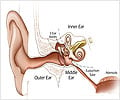In older adults, hearing loss is associated with accelerated cognitive decline, states report published in JAMA Internal Medicine.

Frank R. Lin, M.D., Ph.D., of The Johns Hopkins Center on Aging and Health, Baltimore, studied 1,984 older adults (average age about 77 years) enrolled in a prospective observational study that began in 1997-1998.
A total of 1,162 individuals with baseline hearing loss had annual rates of decline in test scores that measured global and executive function that were 41 percent and 32 percent greater, respectively, than those among individuals with normal hearing. Compared to those individuals with normal hearing, individuals with hearing loss at baseline had a 24 percent increased risk for incident cognitive impairment, according to the study results.
"Our results demonstrate that hearing loss is independently associated with accelerated cognitive decline and incident cognitive impairment in community-dwelling older adults," the authors comment. "The magnitude of these associations is clinically significant, with individuals having hearing loss demonstrating a 30 percent to 40 percent accelerated rate of cognitive decline and a 24 percent increased risk for incident cognitive impairment during a six-year period compared with individuals having normal hearing."
The authors suggest that, on average, individuals with hearing loss would require 7.7 years to decline by five points on the 3MS (the Modified Mini-Mental State Examination, a commonly accepted level of change indicative of cognitive impairment) compared with 10.9 years in individuals with normal hearing.
"In conclusion, our results suggest that hearing loss is associated with accelerated cognitive decline and incident cognitive impairment in older adults. Further research is needed to investigate what the mechanistic basis of this observed association is and whether such pathways would be amendable to hearing rehabilitative interventions," the study concludes.(JAMA Intern Med. Published online January 21, 2013. doi:10.1001/jamainternmed.2013.1868.)
Advertisement
Research Letter: Prevalence of Hearing, Vision Impairment in the United States
Advertisement
Editor's Note: An author made a conflict of interest disclosure for work as a consultant. The work was funded by a grant from the National Institutes of Aging, Research to Prevent Blindness Special Scholar Award and a National Institutes of Health grant. An author also disclosed support. Please see the article for additional information, including other authors, author contributions and affiliations, financial disclosures, funding and support, etc.
Source-Eurekalert















